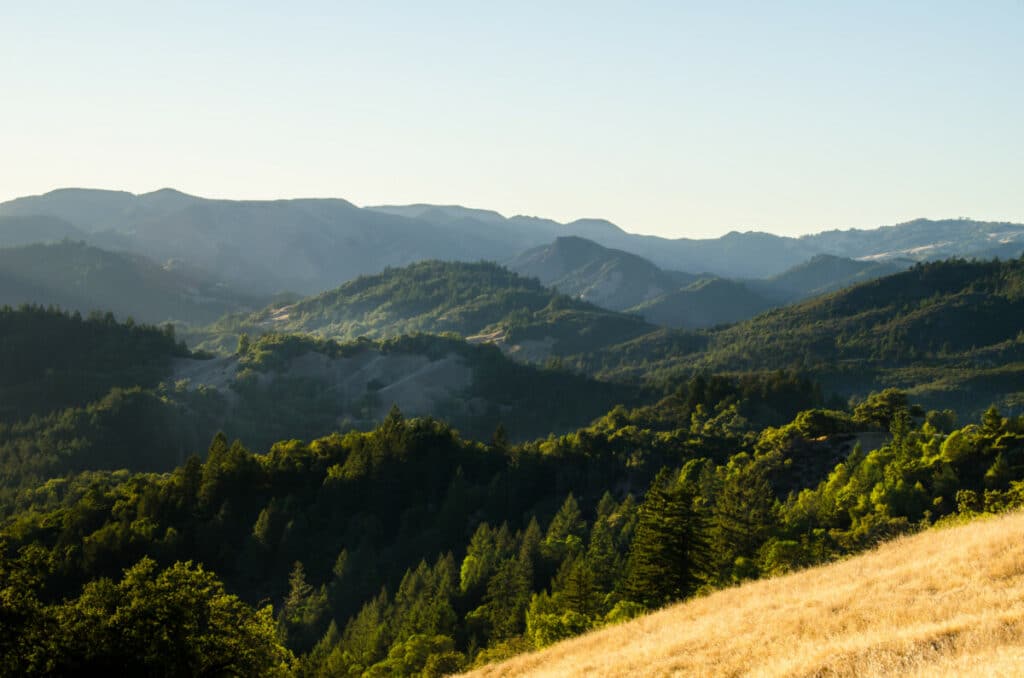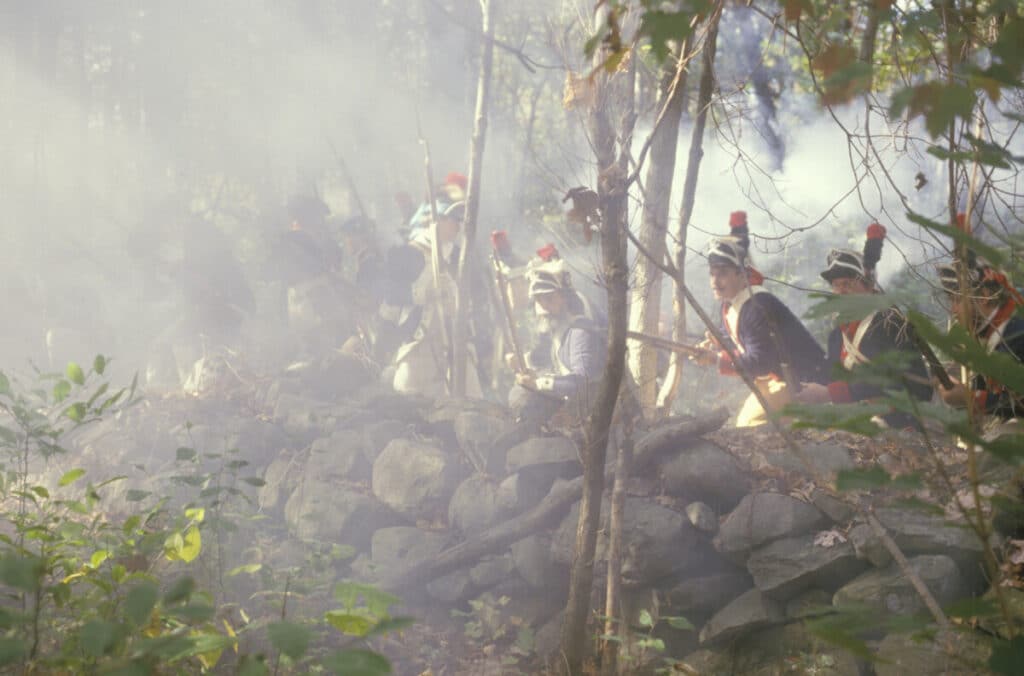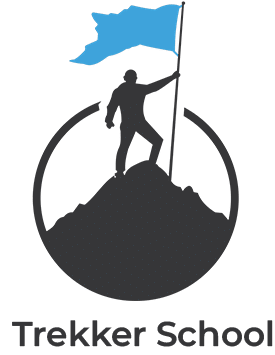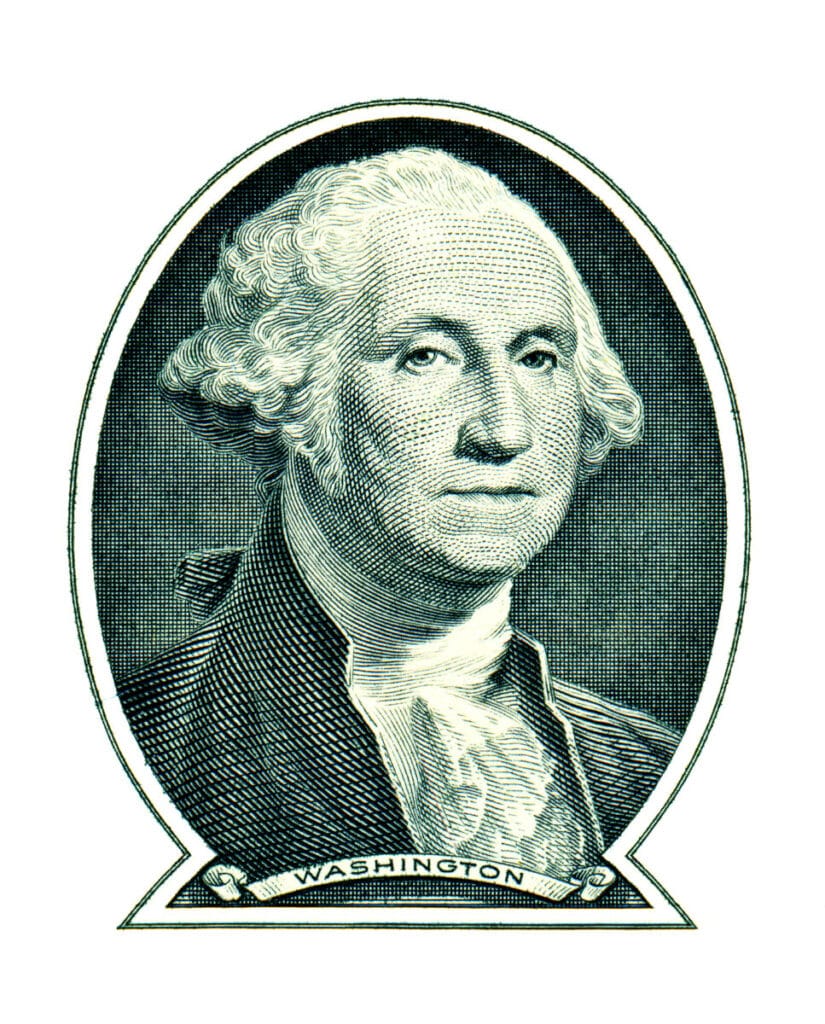When Did George Washington Finish High School?
I recently finished Washington: A Life by Ron Chernow, and George Washington only became more solidified in my eyes as my favorite president. His accomplishments as a farmer, statesman, politician, general, and president are astounding. It is shocking to learn that he accomplished much more than many of his colleagues despite having a pitiful formal education compared to them.
George Washington never attended high school. He attended Lower School in Hartfield, Virginia until his father, Augustine, died when George was 11 years old in 1744. That ended his formal education, and Washington would be self-conscious about that conclusion for the rest of his life.
Just how Washington went from a partially educated farm boy to one of the most famous people in all of American History is a story to behold.
Shallow Roots
Washington was born in 1732 to a land-rich father and an austere mother who would go her whole life complaining about her son under-appreciating her. He stopped his formal education when his father died and completed the equivalent of 5th grade today if we are going by age, though comparing grades almost 300 years apart isn’t exactly the easiest thing to do.
His education though provided him with adequate knowledge of math, reading, and writing so he could continue his education on his own. He famously copied the text in Transcript of the Rules of Civility and Decent Behavior, and this incident is a perfect parallel for his educational life.
He knew enough reading and writing to comprehend the book, but where he really shined was in etiquette and social skills. He is one of the only Founding Fathers not to be college-educated and he was always embarrassed that he didn’t speak a second language. However, what he lacked in schooling he made up for in his mastery of social skills and his initiation in learning on his own.
Learning as a Surveyor

Washington’s first job after his younger years spent in school and on the farm was as a land surveyor. He began in 1749 and surveyed over 400 acres of Culpepper County. His job was to assess the land and collect information like how hilly the land is, what can grow there, what major rivers go through it, and distances to other major landmarks.
In three years as a land surveyor, Washington surveyed over 60,000 acres of land. What he learned during this time became invaluable during his military career and also as a businessman. During his surveying trips, he learned and refined many practical skills like hunting, geography, traveling, and living off the land. Washington would continue to survey land throughout his life, though not as intensely as he did in his youth.
Learning as a Commander
While reading about Washington, the most stunning thing about him is his courage. I am not even referring to his courage in battles, but rather his courage to trek into the unknown of both the physical and intellectual world. Let me explain.
His older brother, Lawrence, took a job as an adjutant with the Virginia Militia, and Washington just thought to himself “hmm maybe I should give it a try!”. In 1752, partially due to his good family name, Washington requested and was appointed to be a commander of one of the Virginia Militias.
To give this situation as much awe as it deserves, Washington, with no military experience or training was appointed as a commander of a militia. Oh, and he was only 20 years old. I doubt anyone reading this was doing anything close to leading military expeditions at that age.
His first mission as commander was to make peace with the Iroquois Confederacy and then make contact with the French in the Ohio Valley and demand they leave. I am dumfounded to know that this young, uneducated farmer was entrusted to be an ambassador to a foreign nation with no training. How in the world do you even go about negotiating peace? What would you even say? There are not really manuals on being an ambassador and surely Washington didn’t read any if there were.
Well somehow he managed to gain peace with the Iroquois, but he wasn’t so successful with the French. His trip took a total of 77 days and it was almost entirely during the winter. Because of this envoy, Washington received praise and a small amount of fame in both Virginia and London where this story was reported. He had no idea what he was doing and already he was succeeding.
Learning in Battle

In 1754, at age 22, Washington was promoted to lieutenant colonel and helped in commanding a Virginia regiment. He led half of the regiment into the Ohio Valley again with orders to confront the French. In a disputed event, Washington (with no battle experience) attacked a small French detachment and gained a small victory. It is this small battle that started the French and Indian War. Afterward, he had his regiment build a small fort named Fort Necessity.
Fort Necessity was ill-built and in a bad location. Washington and his troops suffered a dreadful loss there, with enemy troops shooting at very close range, and because it had been raining, Washington’s forces couldn’t move effectively and essentially just hid as bullets zoomed into the fort. Washington had to surrender and return home to Virginia.
The amazing part is that after returning home in defeat, Washington received even more praise because of his composure and bravery during the whole event.
Supplementation
These are just some of the stories from Washington’s early life highlighting how exactly he was educated. He wasn’t able to learn in a classroom and attend high educated like the other Founding Fathers and like many people in America, his symbolic posterity. Instead, he just jumped into the world and tried not to die in the process.
No Washington didn’t study Locke, Descartes, St. Augustine, and Galileo, and he didn’t even graduate High School, but he more than supplemented his education with real-world experience. The skills and knowledge he learned when he was young would serve him all the way until his death in 1799.

